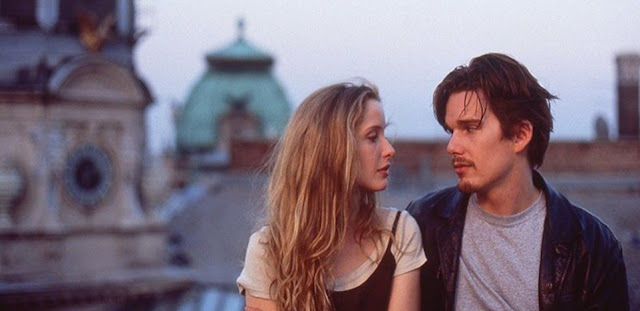Ruminating on dreams and the purpose of life
I first read about Aanchal Malhotra in the
newspaper or in an online magazine, on how she had dedicated half of her
twenties to her project of documenting oral histories from the partition. Now
it is almost a decade, she is still deeply absorbed and as dedicated to this project
of collecting individual accounts and stories. She deals with the memories of
the surviving few from the times of the partition of the subcontinent, in her
book Remnants of a Separation. Her next book is already announced for 2021,
Reading her is a joy. She is collecting next generation accounts of the times
of partition, the ones that have been passed down orally to the sons and
daughters of the migrants, the inherited memories and experiences. Partition
has been experienced over the generations, through all these years, and still
it is in our living memory – alive, not just a thing of the past.
I wonder, how does one dedicate a decade of one’s life and still continue doing so, for a cause the importance of which is not really understood by many. Aanchal Malhotra once expressed emotionally, she rarely does so in any of the interviews and discussions, but the research has taken such a toll on her personal life, not many people relate to how much it means to her personally.
How to dedicate wholeheartedly to a cause, make
it your life’s mission, pursue it far and beyond the borders, till hearts
content, justify its importance again and again to people, family, friends and
bear the burden almost entirely oneself? How do they decide, that this is the
thing that I would want to do for the rest of my life?
And how do you make sense of your life after
the passion that you indulged in and fed to has completed it’s tenure, it’s
purpose? What’s next? Would there be a void, would you be unable to fill in
your present with other things?









Comments
Post a Comment